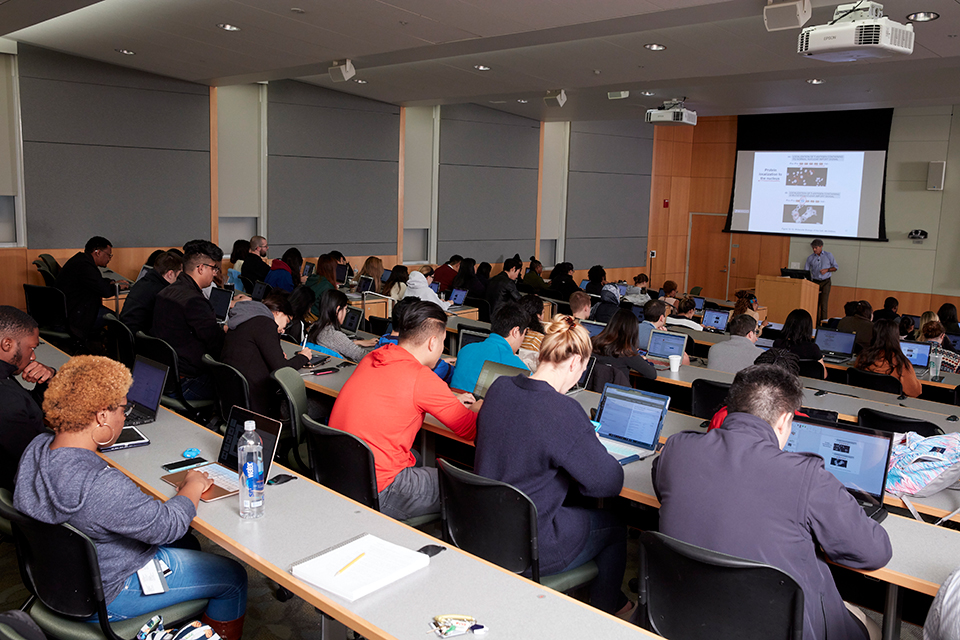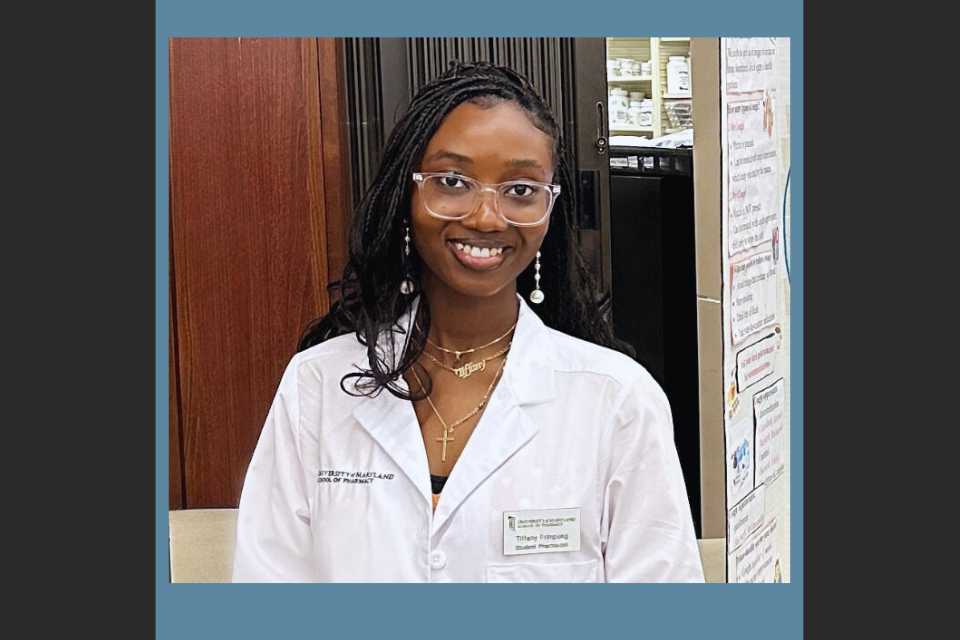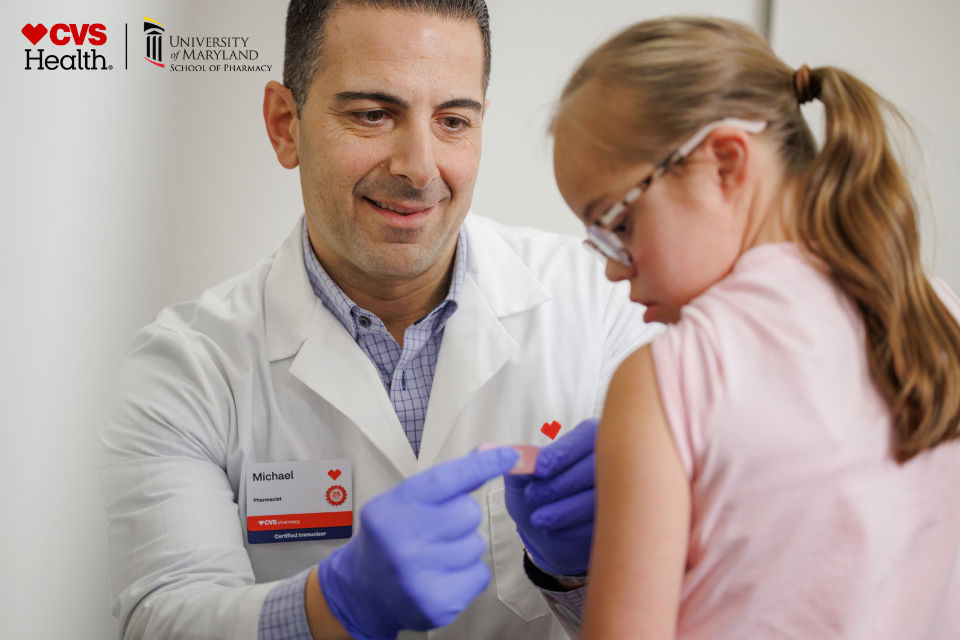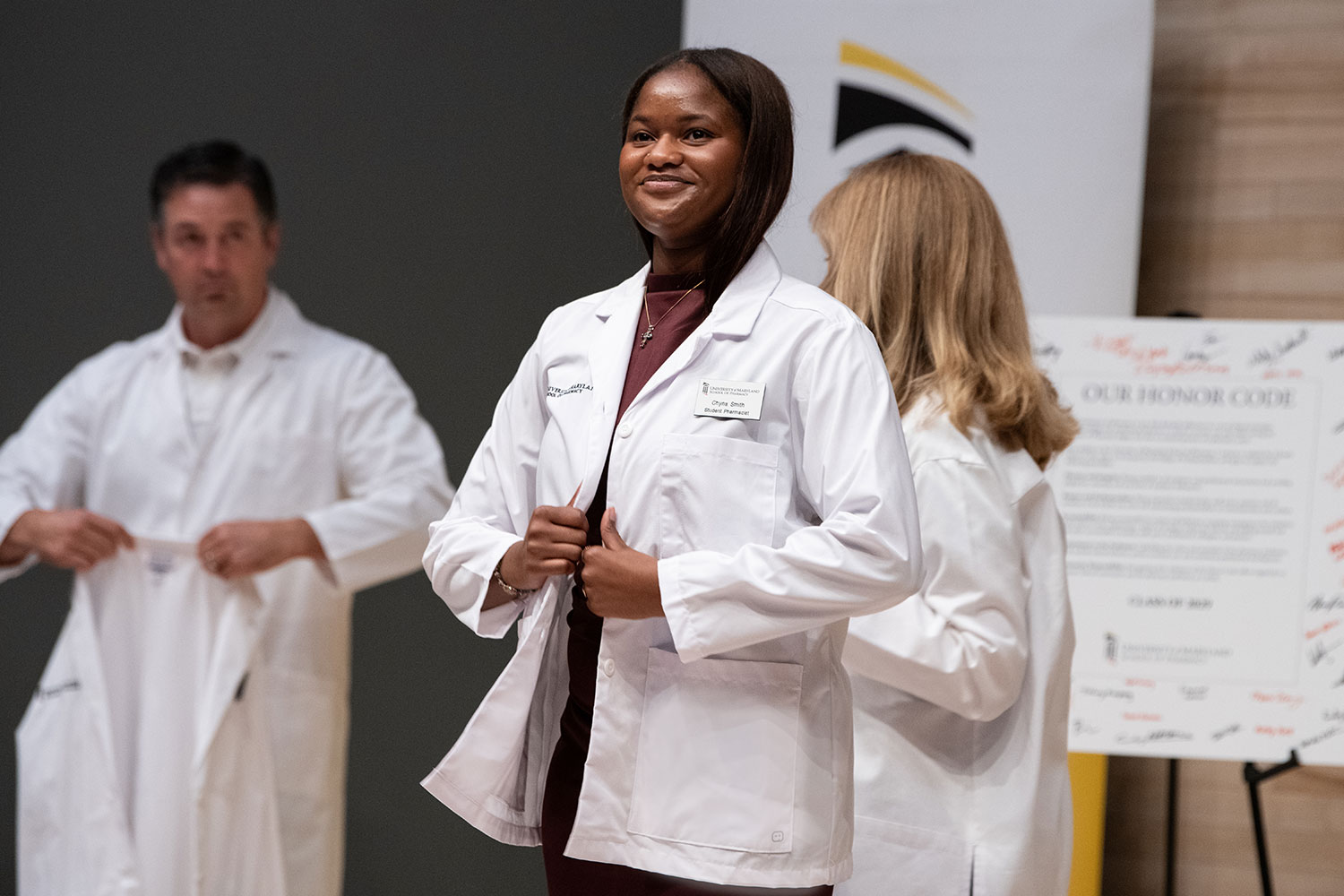New Summer Program Helps Transition First-Year Students to Pharmacy School
The online course, called MAPS, aims to provide PharmD students with skills to succeed in their education.

By Andrew Tie
July 20, 2022
The University of Maryland School of Pharmacy (UMSOP) has developed a new summer program to facilitate a seamless transition for first-year students into the Doctor of Pharmacy (PharmD) program.
The Maryland Academy for Pharmacy Success (MAPS) is designed to expose incoming students to the skills, knowledge, concepts, and principles required for their first semester. The voluntary eight-module online course includes topics such as biochemistry, genomics, physical and pharmaceutical chemistry, abilities lab, and general patient management.
UMSOP developed MAPS to help students succeed after hearing about the rigors of the first semester of pharmacy school from previous classes. The program runs from June to August.
“The transition from undergraduate to a professional curriculum is always challenging, and only enhanced due to the pandemic,” said Andrew Coop, PhD, associate dean for academic affairs and professor in the Department of Pharmaceutical Sciences. “Ensuring success requires a collective commitment supporting students in their transition to pharmacy school and throughout the curriculum. The School worked with fall semester first-year course managers to develop an online summer program to help students map their way through the transition to success in pharmacy school.”
An online and mostly asynchronous program, MAPS provides a live and recorded Zoom session to answer questions, engage with students, and cover the program materials. Weekly activities include readings, videos, and a quiz. Students who complete the MAPS program will receive a digital badge, a virtual credential that can be shared on a resume, CV, email signature, and LinkedIn profile.
“We anticipated that this program would also introduce incoming students to the technology used at the School, but one additional positive result has been that student technology issues can be solved now, rather than once the semester actually starts,” said Cherokee Layson-Wolf, PharmD, BCACP, FAPhA, associate dean for student affairs and professor in the Department of Pharmacy Practice and Science. “Feedback from students has been positive so far, and we will be assessing their feedback to further enhance this program. This is an ongoing partnership mapping student success in the pharmacy profession.”



